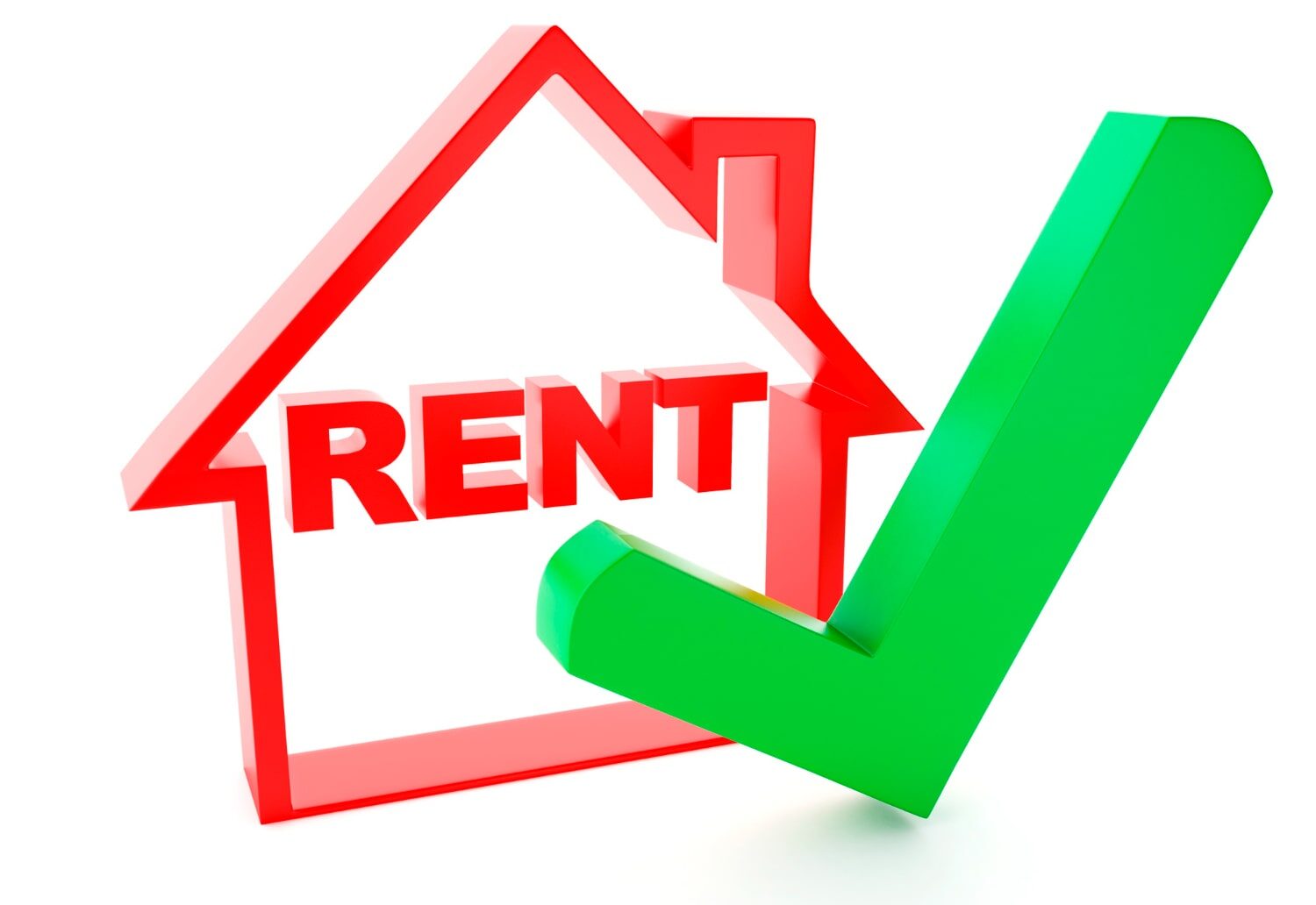Since 2018, UK landlords have faced civil penalties amounting to £215,500 due to illegal renting practices.
Therefore, landlords must understand and comply with UK housing practices before leasing their property.
In this article, we’ll explore the penalties for illegal renting and guide how to object to penalties, including using Form N161.
Illegal Renting: What it Means!
Renting illegally involves providing accommodation to someone lacking the right to reside in the UK.
Such individuals include persons without authorisation to remain in the UK, persons with expired permissions, or falsified documents.
The landlord is responsible for conducting a thorough 'right to rent' check on prospective tenants before tenancy.
Neglecting this responsibility may result in civil or criminal penalties, including imprisonment for up to 5 years and an unrestricted fine.
Delve into our property news about "UK Housing 2024: Price Drop Expected, Rents Rising" Read Now!
Right to Rent Check!

As mentioned above, it is the responsibility of the landlords to conduct a proper 'right to rent' check of the prospective tenants. As a part of this check, you need to do the following:
- Obtain original documents, including passports, citizenship, and immigration status documents from the prospective tenants.
- Verify the authenticity of the documents, confirming the identity consistency and that the documents have not been tampered with. You can conduct this process in person or via video call with prospective tenants.
- Make a clear, unalterable copy of each document, capturing relevant details such as expiry date, nationality, date of birth, signature, biometric details, and immigration permission information.
Alternatively, landlords can verify a tenant's right to rent using a share code, applicable to individuals with a biometric residence card or permit, settled or pre-settled status, or those who used the 'UK Immigration: ID Check' app for visa applications.
To proceed with this method, you will require the tenant's date of birth and share code. Enter the share code here and follow the process as instructed.
Note: The right-to-rent check is not necessary for properties classified as social housing, a care home, a hospice or hospital, a hostel or refuge, a mobile home, or a student accommodation!
If you let someone without the right to rent, landlords may face civil penalties. The amount depends on the accommodation type and whether it's a first or repeat breach.
It should be noted that a substantial increase in the penalties has come into effect since the start of 2024. The penalties are summarised as under:
Penalties for landlords | First Breach | Repeat Breach | ||
|---|---|---|---|---|
Earlier | Now | Earlier | Now | |
£ per occupier (rented accommodation) | £1,000 | £10,000 | £3,000 | £20,000 |
£ per lodger (private household) | £80 | £5,000 | £500 | £10,000 |
Objecting to a Civil Penalty: Use of Form N161
Landlords can object to a penalty within 28 days of the 'given' date on the civil penalty notice if:
- You are not liable to pay the penalty. For example, you're not the landlord.
- You've made a correct check on the tenant or made a report to the Home Office after a repeat check (where a tenant no longer has a right to rent).
- The penalty was not calculated correctly.
Following the objection, an 'objection outcome notice' will be issued within 28 days, and if unsatisfied, landlords can appeal within the subsequent 28 days by submitting form N161 to the nearest county court and the government legal department.
Paying the Penalty
Landlords must pay the civil penalty within 28 days of the notice date. In case of non-compliance, landlords may be subjected to increased penalties.
Paying the penalty for illegal renting offers various methods, including Direct Debit, telephone banking, CHAPS or Bacs, or online through debit or credit card. For further details on payment methods, check out HMRC’s guidance.
Reporting Illegal Renting

If landlords suspect illegal subletting of their properties, they can report it through the local council.
Landlords who suspect illegal subletting of their properties can report it to the local council. If you find yourself in a similar situation, follow these steps.
- Speak to the lessee (person who rents property from you) about the situation.
- If the situation still prevails, make a complaint to a designated person (a local councillor).
- If you are still unsatisfied, contact your council or local authority.
Conclusion
Ensuring robust 'right to rent' checks is necessary for UK landlords, as hefty penalties for illegal renting have been in play since 2018. Recent updates might even spike up the rates. Landlords can push back against penalties, but prompt payment within 28 days is key to dodging extra trouble. Reporting any whiff of illegal renting is crucial, underlining the shared duty for a vibrant and lawful housing market.








